Redefining Support in the ChemSex Community
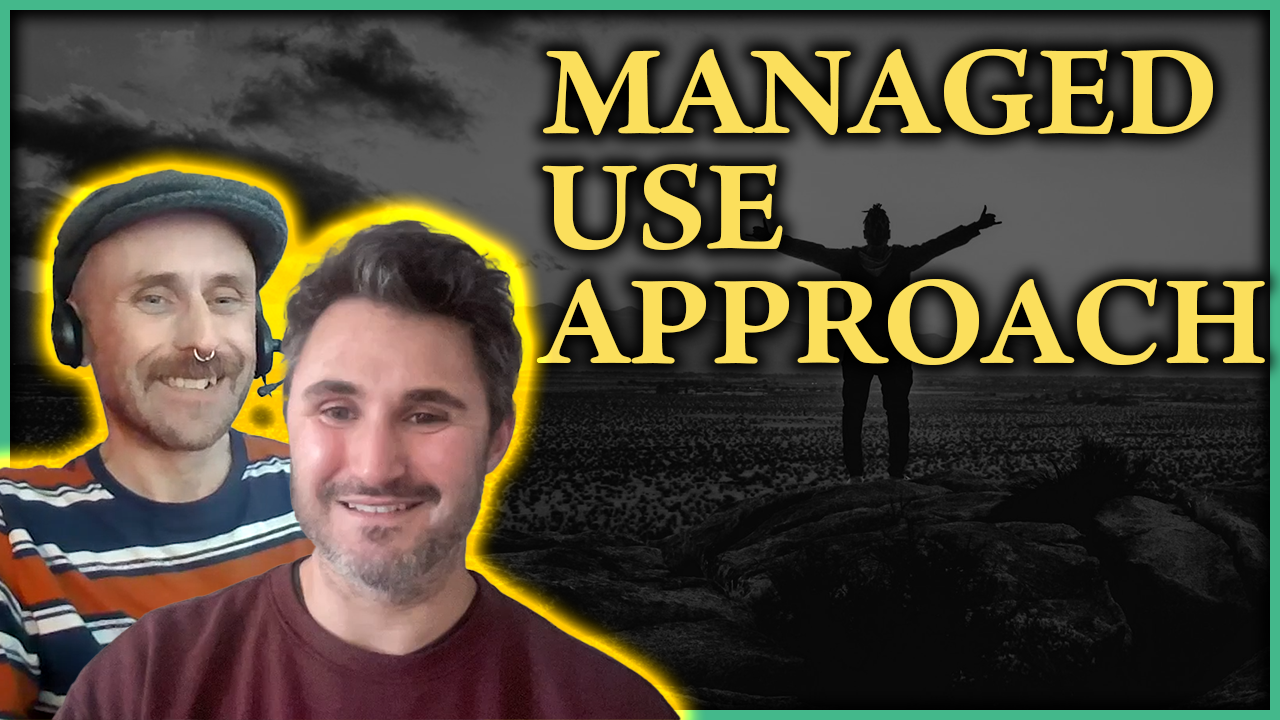
Y'all, this conversation with Andrew and Jordan from Canada absolutely shattered everything we think we know about recovery and support.
Their work represents a radical departure from the shame-based, one-size-fits-all approach that has dominated addiction treatment for decades. As Jordan beautifully put it:
"We aren't at war with people who are in recovery. And I hope they're not at war with me because we all care about the person who's suffering."
This isn't about giving anyone permission to use - it's about recognizing the profound truth that judgment and shame fuel addiction, but they cannot be the solution.
When I reflect on my own journey and the countless men I've worked with, this truth cuts deep. We've been trying to heal shame with more shame, and wondering why it doesn't work.
Andrew's insight hit me right in the gut: "A significant proportion of people who use substances might be turned off by abstinence-based programs and not access the supports because of that."
How many men have we lost because we demanded they fit our model rather than meeting them where they are?
Listen to the Podcast HERE.
Watch the Podcast HERE.
Core Principles: A Revolutionary Framework for Understanding
1. The Spectrum of Harm Reduction
Recovery isn't binary, and this conversation made that crystal clear. As we learned, abstinence represents just one point on the harm reduction spectrum - the most extreme form, not necessarily the only valid one. Jordan explained it perfectly: "Abstinence is just the most extreme form of harm reduction or the most final form... it's all part of this spectrum."
This understanding removes the unnecessary shame that comes with traditional all-or-nothing approaches. When we stop treating recovery like a pass/fail test and start seeing it as a continuous journey of healing, everything changes.
2. You Are the Expert of Your Own Life
This phrase from our conversation cuts deep because it recognizes something revolutionary: your lived experience matters more than any textbook or protocol. When we honor someone as the expert of their own life, we're building the foundation for authentic transformation.
Andrew emphasized this beautifully when talking about their approach: "Person centered, expert in their own life. It's their goals, whatever they might be, working towards, so recovery looks different for everyone."
Y'all, imagine walking into a space where someone actually believed you knew yourself better than they did. Where your goals mattered more than their protocol. That's the kind of revolutionary thinking that changes lives.
3. Community Without Conditions
The Mild to Wild program creates something I've never seen before - a space where men can connect authentically without pretending to be someone they're not. As Jordan shared:
"It gives people a little bit of... face it. We can have friendships that are outside of just what we're doing on Thursday or Friday night... we can still connect with each other."
This hits different because most of us have only experienced conditional community - you can belong as long as you follow the rules, stay clean, don't slip up. But what if belonging came first? What if we led with love instead of compliance?
Program Spotlight: Revolutionary Approaches That Actually Work
Mild to Wild Drop-In Space: Connection Without Conditions
Jordan's description of this program literally brought tears to my eyes:
"It would shock a lot of people that people who are actively using can be vulnerable with each other and be supportive with each other in this space."
What it is: A bi-weekly Zoom community for men who party and play Why it matters: Provides authentic connection without shame or pressure to change The revolutionary part: It's hosted by peers who currently party and play
Think about this for a moment - when was the last time you experienced support without an agenda? Support that didn't require you to change to earn it? That's what they've created, and it's changing lives.
G-Emergency Response & PnP Field Guide: Wisdom Without Judgment
The field guide represents something I wish had existed when I was using. As Jordan explained:
"We really wanted to create a guide that was like somebody in the party scene who's more experienced talking to you and giving you the advice that we never got... We wanted to be really neutral, very balanced and very sex positive and very like, hey, if you enjoy doing this and it's not a problem, good to you."
Purpose: Practical safety education without moral judgment Impact: Evidence-based harm reduction that acknowledges reality Philosophy: Meeting people where they are, not where we think they should be
They also revealed something sobering: "A safe estimate was a quarter [of those who try PnP develop a problematic relationship], but it could be more, it could be less." This isn't about minimizing risk - it's about honest, non-shaming education.
The Psychosis Reality: Compassion Over Fear
One of the most powerful moments in this conversation was Jordan's insight about psychosis. Y'all, this changed how I think about crisis intervention entirely:
"People tend to think that the person in psychosis is either ruining our high or troubling us. But they're actually very scared and if we approach them as if we would like a scared child... You would try and comfort them. You wouldn't try and disagree with them about whether they had a right to be afraid, you would empathize with them."
This is revolutionary thinking. Instead of seeing someone in psychosis as a problem to solve or a threat to manage, Jordan sees them as a scared human being who needs comfort. That's the kind of consciousness shift that saves lives.
Key interventions they shared:
- Reduce stimulation (turn off music, porn, bright lights)
- Move away from windows if they feel watched
- Approach with empathy, like you would a scared child
- Avoid arguing with their reality
- Make calling authorities the last resort, not the first
As Jordan powerfully stated: "Calling cops should be a last resort... It shouldn't be the first resort. It should be the last."
Treatment Reality Check: The Gap We're Not Talking About
Jordan's experience in treatment was a brutal reminder of how far we still have to go:
"Every other time I've been to treatment, it has been more of the same. It's been 12-step based... I've been the only queer person there multiple times... Subjected to homophobic bullying, subjected to all sorts of violence and like shame and ridicule."
This is the reality many of us face. Treatment centers that claim "addiction is addiction" while completely ignoring the cultural, sexual, and social complexities of our experiences.
Jordan's frustration was palpable: "They tell us go to meetings and all addicts are the same and just because you're gay makes you no different than anyone. It's really not good."
Andrew had a different experience but acknowledged the gap: "There's not a lot that focuses on the two - sex and the drugs together... which is what I'm trying to implement here."
The Bigger Picture: Why This Matters
Y'all, what Andrew and Jordan are doing represents a seismic shift in how we approach healing and community support. They're not just offering services - they're modeling a completely different way of being with people who are struggling.
Jordan's reflection hit me deep: "When I was reflecting before this podcast, all the things we're doing... we're also people who have lived experience.
There's a lot of good stuff happening and I had to be grateful for that because a few years ago I could never have imagined having a role like mine, much less getting to do it full time and somebody paying me to do it."
This is what transformation looks like - not just individual healing, but using our experience to create the support we wished we'd had.
As Jordan jokingly said: "The only expertise I needed to have was using drugs and being a slut." But that lived experience, combined with compassion and systems thinking, is changing the game.
Andrew emphasized the larger vision: "Yeah, stimulant safe supply... that's one thing that I'm trying to work on." They're not just managing the current crisis - they're working toward systemic change that honors human dignity.
Integration: Moving Forward with Revolutionary Compassion
This conversation illuminated something profound: there are as many paths to healing as there are people walking them. Their work in Canada represents a fundamental shift from shame-based intervention to dignity-centered support.
The most radical thing about their approach? They treat people as whole human beings worthy of respect, regardless of their current relationship with substances or sex. This isn't permissiveness - it's recognition of fundamental human dignity.
Jordan's words will stay with me: "I would love to see guys who PnP no longer imprisoned by shame and stigma." That's the vision - not just individual recovery, but liberation from the systems of oppression that keep us trapped.
As you move forward, remember that transformation happens in relationship - with ourselves, with others, and with our communities.
Whether your path involves abstinence, harm reduction, or something entirely different, the key is approaching it with curiosity over judgment, compassion over shame, and trust in your own inner wisdom.
Andrew's final insight captures it perfectly: "Recovery looks different for everyone... it's kind of like, yeah, their goals, whatever they might be."
Your journey is valid.
Your pace is valid.
Your choices are valid.
Love you, Dallas
Reflective Questions for Deep Contemplation
-
How does the concept of being "the expert of your own life" challenge or support your current approach to recovery or harm reduction? Consider Jordan's insight: "We want to alert you to the fact that for about a quarter of folks who try party and play they're going to develop a problematic relationship, so you need to be aware of what's going on in your life."
-
What fears come up for you when you consider that some people might be able to manage recreational drug use while others cannot? How might these fears be connected to your own experience and the universalizing Jordan mentioned: "We tend to universalize our experiences. Like my experience with it is everyone's experience with it."
-
If you had access to a non-judgmental community space like Mild to Wild during your most challenging times, how might that have changed your journey? What would it have felt like to be seen and supported without having to perform recovery?
-
When you think about the phrase "judgment and shame fuel addiction but cannot be the solution," what personal experiences does this bring up for you? How has shame shown up in your healing journey?
-
How has the binary thinking of "recovery vs. active addiction" limited your understanding of healing and transformation? What becomes possible when we expand beyond this framework?
Journal Prompts for Personal Exploration
-
Write about a time when you felt judged for your choices around substances or sex. How did that judgment affect your willingness to seek help or be honest about your experiences? Jordan shared that guys deserve "non-judgment and they deserve education for how to use safely." What would compassionate support have looked like in that moment?
-
Explore your relationship with the word "recovery." Does it resonate with you? Andrew mentioned that "recovery looks different for everyone." What other words might better describe your journey toward healing and wholeness? Remember, as we learned: there are no rules here, only healing.
-
Reflect on the communities you've been part of during different phases of your life. What made some feel safe and others feel judgmental? Jordan emphasized that Mild to Wild is "just a space where guys can come together and talk about the important stuff in their lives." How can you create or seek out more authentic connections moving forward?
-
Consider the concept of "harm reduction" in other areas of your life beyond substances. Where else might you benefit from incremental change rather than all-or-nothing approaches? How might this shift your relationship with perfectionism and self-compassion?
-
Write a letter to someone currently struggling with ChemSex or substance use. What would you want them to know? How would you balance honesty about potential consequences with compassion and non-judgment, following Jordan's approach of being "really neutral, very balanced and very sex positive"?
Action Exercises for Practical Application
-
Practice the Compassionate Observer Exercise: For one week, when you notice judgment arising (toward yourself or others), pause and ask: "What would curiosity look like here instead of judgment?" Jordan's approach is to not shame: "We don't shame anybody at Mild to Wild." Document what shifts when you approach situations with research-minded curiosity rather than moral evaluation.
-
Create Your Personal Harm Reduction Plan: Whether you're abstinent or not, identify one area of your life where you could reduce harm through small, manageable changes. This could be related to substances, relationships, work stress, or self-talk. Remember Andrew's insight: "It's important to incorporate a variety of services... incorporating people who really don't want to make a change in their life right away."
-
Community Mapping Exercise: Draw or list the different communities you're part of. Mark which ones allow you to show up authentically and which require you to hide parts of yourself. Jordan noted they wanted to create a space where there's "no stigma and judgment from loved ones or supports out there." Brainstorm ways to either find more authentic spaces or bring more of your real self to existing relationships.
-
Language Transformation Practice: Spend a week noticing the language you use about addiction, recovery, and personal challenges. Practice reframing with the understanding that, as we learned, "all addicts are the same" thinking misses crucial cultural and individual differences. Create your own empowering language that honors your unique experience.
-
Psychosis Preparedness Plan: Whether for yourself or others, write out a simple, compassionate response plan for mental health crises. Include practical steps Jordan shared: reduce stimulation, create safety, avoid arguments, and emotional approaches - empathy, patience, viewing the person as scared rather than dangerous. Remember: "We can empathize with folks' feelings, that's a good starting point for calming things down."
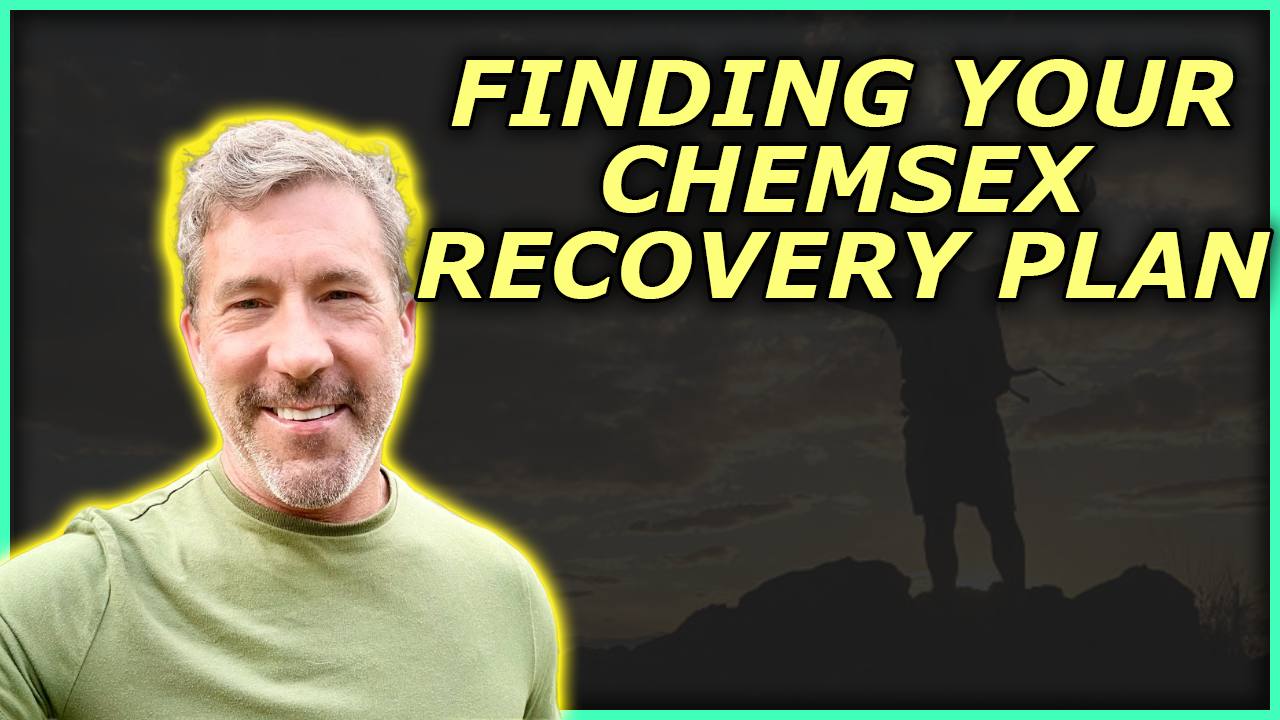
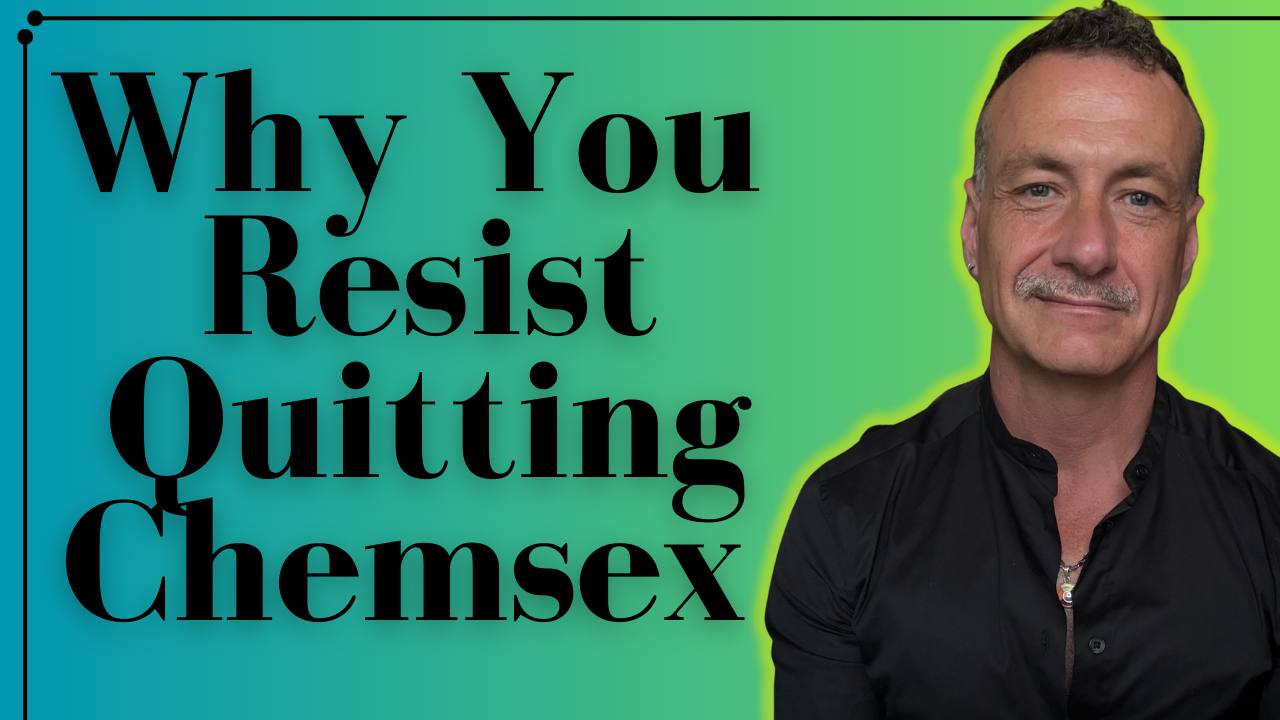
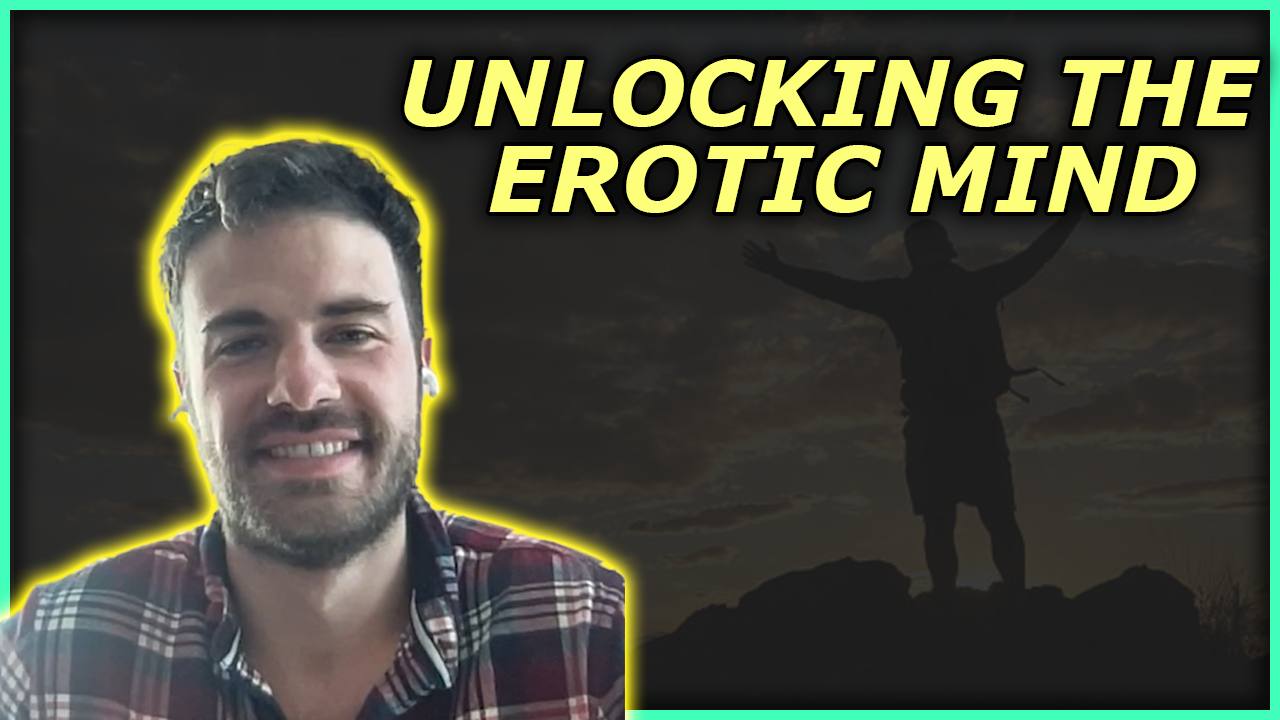
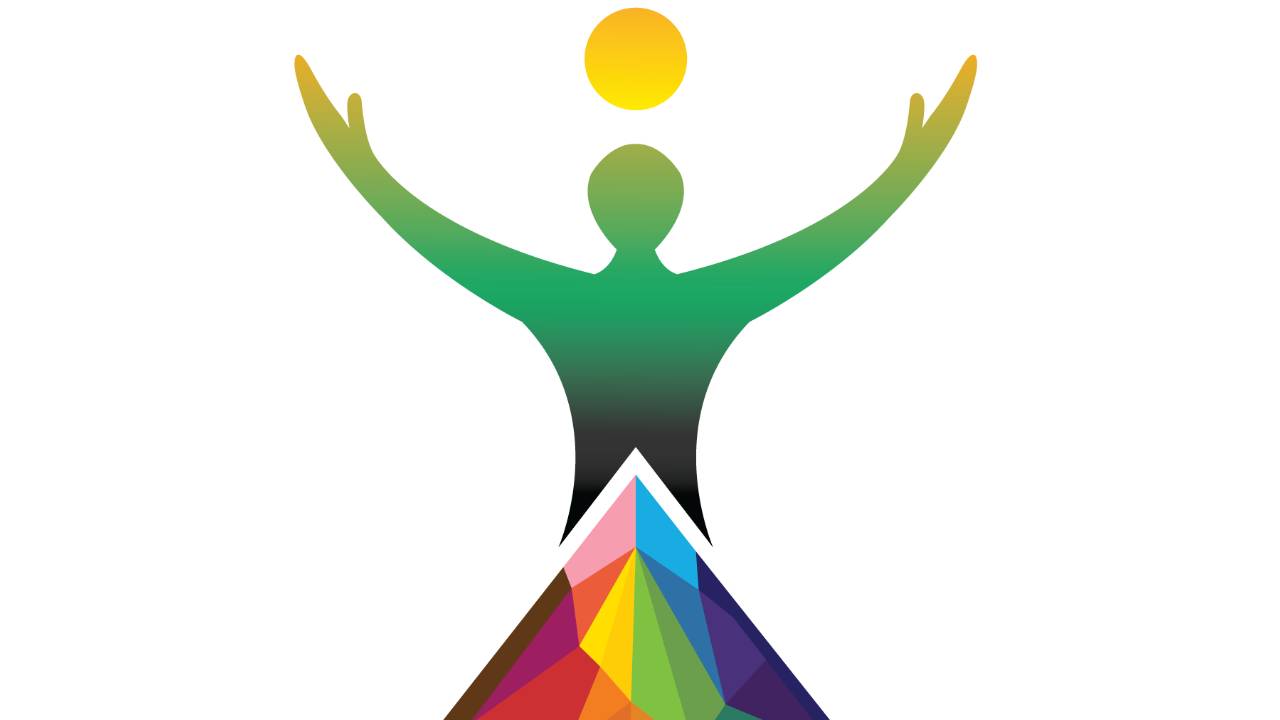
Responses